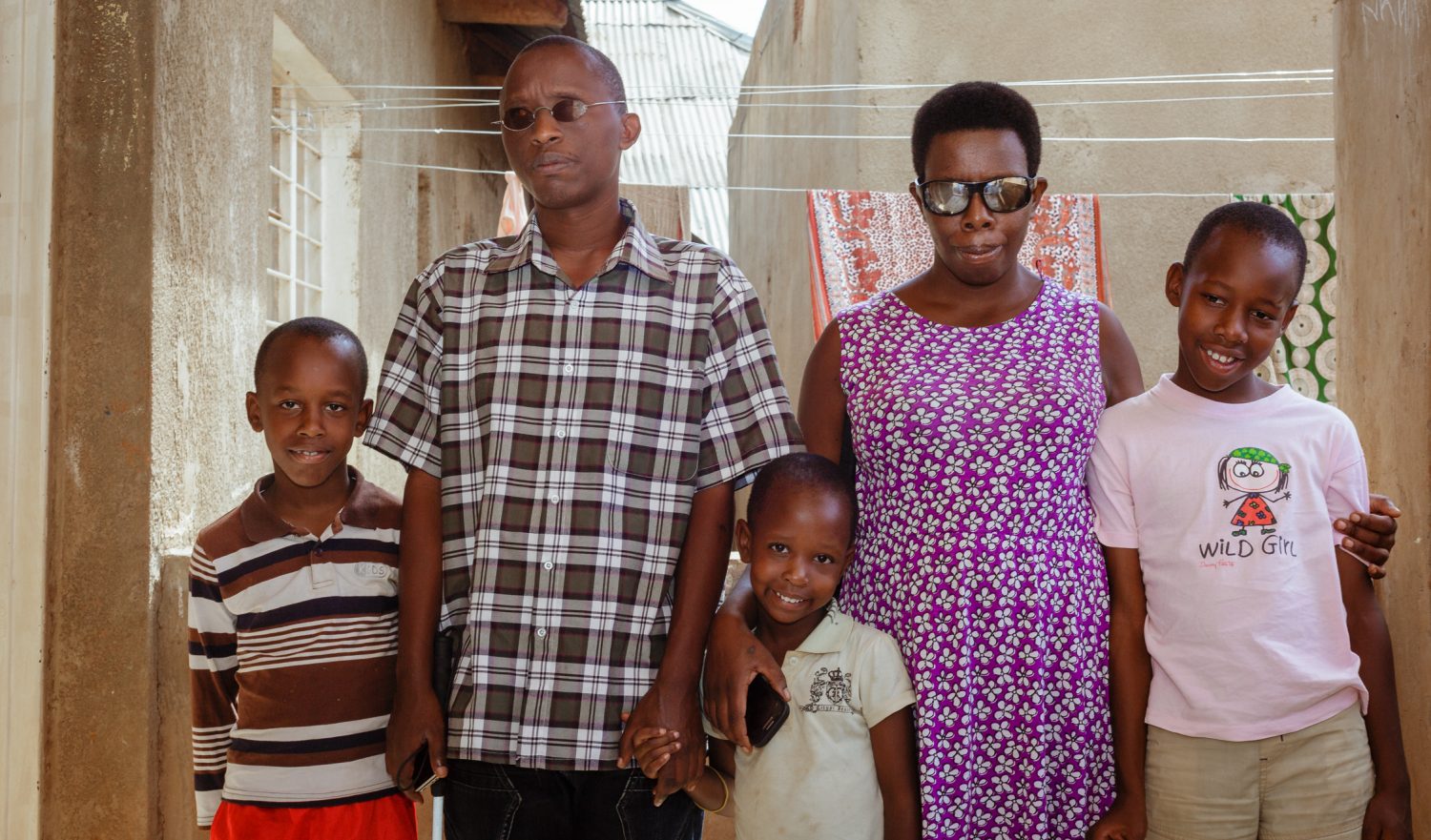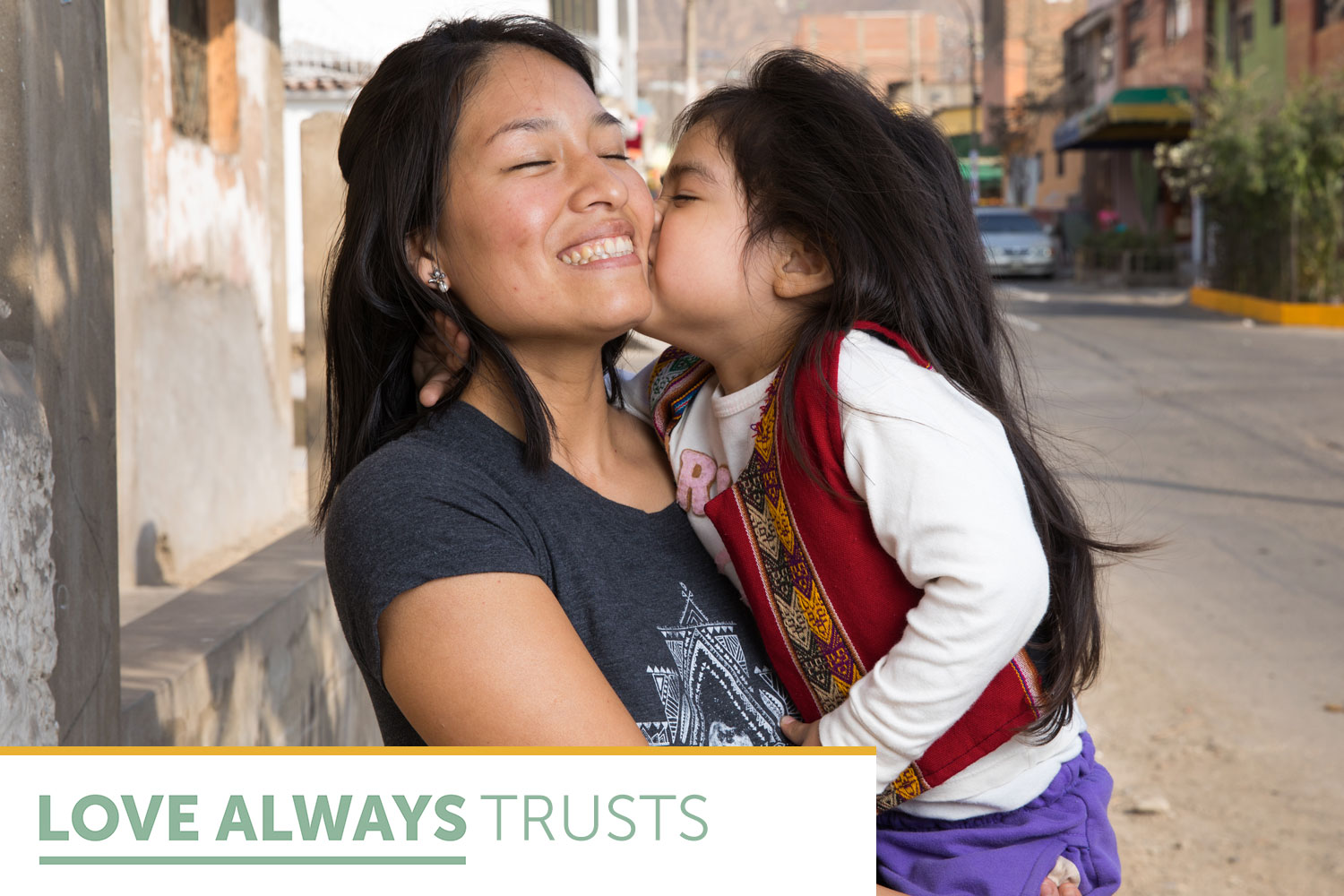Each year, HOPE celebrates clients who demonstrate our values of perseverance, compassion, character, and creativity by announcing the Thurman Award winner. Established in honor of HOPE’s first CEO, the Thurman Award celebrates clients who have not only experienced change in their own lives but have also extended that transformation to others in their community. We’re excited to share the story of Peter, this year’s runner up for microfinance institutions!
After a severe case of measles left him blind at age 8, Peter felt he had limited options for his future. In a culture where blindness is highly stigmatized, many blind people are vulnerable to living as beggars. To support their three children, Peter and his wife, Mukanziza—who also lost her sight due to measles as a child—decided to start a business building rental properties.
Prejudiced by his disability, every bank he and Mukaniza approached for a loan turned them down. And that’s when Peter learned of Urwego Bank, HOPE’s microfinance bank in Rwanda.



















